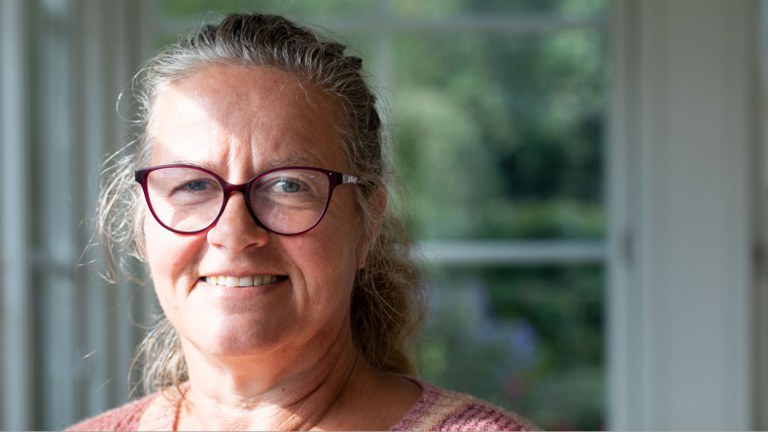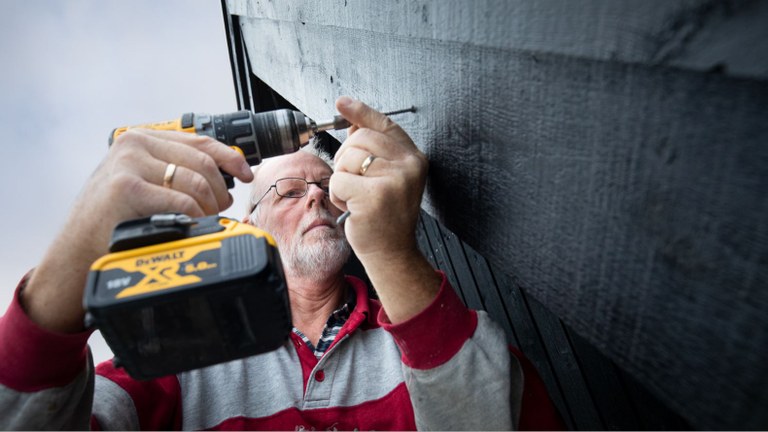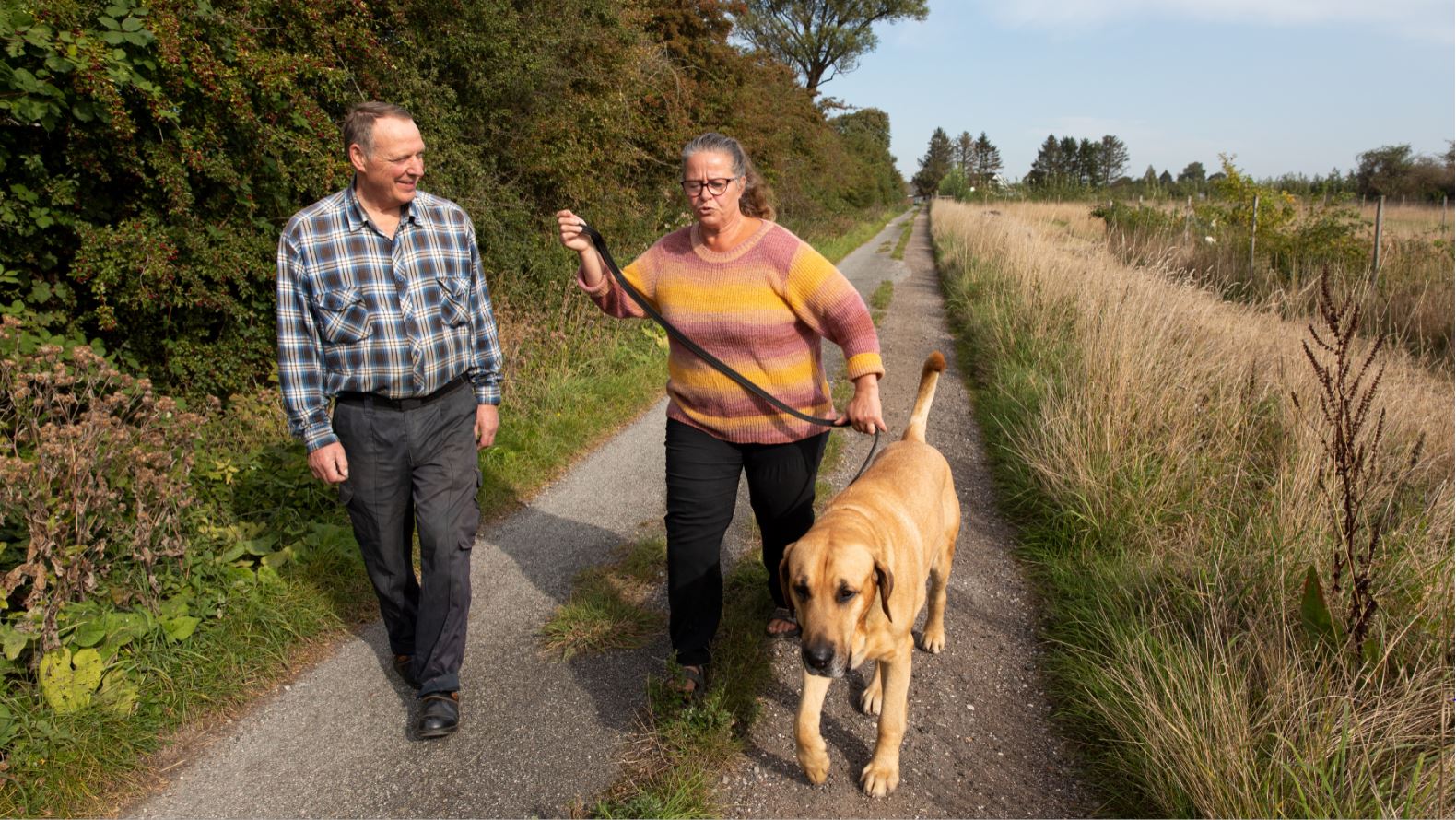The word “fairness” is being used frequently in the current debate about the Danish pension system. The issue is how the system should be adjusted to make sure the labour force is large enough while people who are worn out before they reach a state pensionable age are being looked after.
Arne Juhl is one of those people. A brewery worker with bad knees, he has become famous due to playing a lead in the Social Democrats’ 2019 parliamentary election campaign. Under the slogan “It is Arne’s turn”, the Social Democrats promised that if they won they would introduce the right to an early retirement for people like Arne Juhl, who started working at 16 and now has bad knees and other ailments. After a long working life with hard physical work, he is unable to carry on working full-time.

One year after the election, the Social Democrat-led coalition government has presented its proposal for a pension for Arne Juhl and others who started working at a very early age. If you have worked for at least 42 years when you reach 61, you have the right to retire on a state pension one to three years earlier than other people. You also do not need a doctor’s certificate to show you are unable to work. If the government can secure a majority in parliament for its proposal, Arne Juhl can get his state pension three years earlier than other people his age – allowing him to retire at 64 rather than at 67.
Mixed reception
The early retirement proposal has had a mixed reception. It is expensive and it goes against the trend that has dominated Danish politics over the past 15 years; getting Danes to work even longer before they can retire.
People living longer leads to an ageing population with fewer people of employable age. This is expensive for society and means labour shortages in many sectors – including health care, child care and care for the elderly.
To avoid that scenario, a majority in parliament decided back in 2006 to gradually increase the pensionable age in line with the increase in the average age. Everyone in Denmark is entitled to a state pension from the age of 66. In two years time you have to be 67 and if the average age continues to rise Danes will only receive their state pension at 72 by the year 2050.
At the same time, other public benefits that used to allow many older people to retire early have been gradually cut, for instance the voluntary early retirement scheme.
The government’s decision to allow a group of people to retire early has therefore been criticised by employers and others for being a very unfortunate change of direction in light of the need to keep Danes working longer into their old age.
A new course or an exception
The government and trade unions reject that interpretation, arguing the proposal is an exception from the principle of one common state pension age, and from the trend towards a longer-lasting working life.
Launching the early retirement proposal, Minister of Employment Peter Hummelgaard explained that the point was to create a more equal pension system.
“Right now Danes retire at the same age regardless of when they started working and in what kind of job. This is not fair. That is why we want to introduce a new right to early retirement for people who started working at an early age and who have performed many years of what is often hard physical work.
“They should be able to retire before their pains grow too severe or working life becomes too hard. It should go without saying that they deserve a few good years as pensioners when they have toiled away and paid their taxes for so many years.”

“I realised that working until 67 and getting the state pension would mean there would be little left of me. So I have chosen to stop working now in order to get a few good years together with my husband while my body still works,” says Lone Høgh. Read more:
Both the government and the trade unions have argued that many of those who have been working hard for many years are likely to enjoy fewer, healthy years in retirement. That argument is dismissed by the Kraka think-tank. There is no clear link between many years in the labour market and fewer expected years in retirement, according to Kraka’s analysis. The government’s proposal could in fact give people like Arne Juhl the highest number of expected years in retirement out of all pensioners, Kraka says.
Let the doctor decide
If the government wants to reduce inequality in the number of years people get in retirement, it should do it in a very different way, recommends Kraka.
“If the aim is to reduce inequality in the expected number of years on a pension, it would make sense to use professional health advice when granting someone early retirement.”
The Confederation of Danish Employers DA agrees with Kraka and recommends a more tailored access to early retirement for older workers so that only those who have a documented need to retire get to do so. This would cost a fraction of the government’s proposed early state retirement scheme, believes DA.

“It’s a good idea, but the government’s proposed scheme is narrow and will benefit just a few. I know craftsmen who are physically worn out but who have not been long enough in the labour market to be part of the scheme,” says Jan Hansen. Read more:
The government’s proposal has also been criticised for supporting only a small minority of people who really are tired after many years in the labour market. Some also wonder what would happen to the groups of people who are outside of the labour market due to chronic disease for instance, and who are therefore receiving sick pay, unemployment benefit or are in subsidised jobs or on the voluntary early retirement scheme. Would it not be better to grant them an early state pension?





